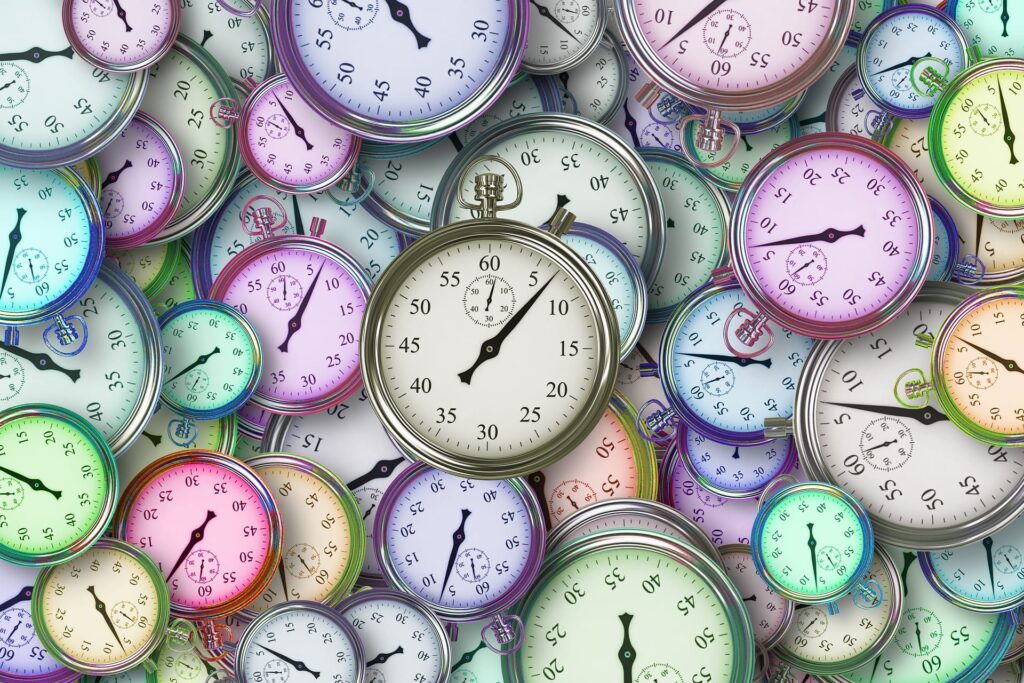Looking Like a Fool

This is one of our biggest barriers to growth. Who doesn’t fear looking like a failure in front of judging eyes? Who doesn’t see all eyes as potential judges? Even brand new students who’ve never held a sword before share experiences of feeling like they look stupid at their first class. Many resist ever having a first class because of this.
Of Course You Look Foolish
The truth is new students do look foolish, and awkward, and unskilled. Of course they do. They’re practicing a skill for the first time. Yet everyone has not only a desire, but often an expectation of themselves, to be a savant, distinguished and adept—to pickup the sword and do each exercise perfectly the first time.
Many who do not have this fear quickly develop it. As they begin to get good, it becomes easy to build an expectation of oneself based on past performances. Then to see that same expectation reflected in the gazes of others. We can see the correction of our instructors as impatience or disappointment. We can see the feedback of our peers as condescension or ridicule. We can gradually erode the wonder of new discovery with the burden of meeting expectations.
Some Days are Better than Others
On the true journey, every practice is not better than the last. Every performance is not your best. Every player of every sport has terrible days, months, and years. The professional athletes we see are people who have reached peaks in their sports and then failed completely, terribly, embarrassingly, and yet in spite of that failure have continued to practice and grow. We just rarely get to see these events on television, and when we do they are quickly forgotten.
The truth is nearly all eyes are turned inward. No one is truly judging your performance—they’re too busy judging themselves. The sooner you can let go of these expectations and just allow each day to exist only for itself—to savour the journey of that day and let go of all previous days and all future expectations—the sooner you’ll start enjoying each day, and the sooner you’ll truly start getting better.
Enjoy your training!
Devon



As a newbie to Duello and HEMA in general, I appreciate this. What you’re saying here doesn’t just apply to swordplay – that’s any new skill. We’re always self-critical, and the fear of looking like a fool can even affect those of us who know these things to be true. Heck, I had a hard time even trying to explain HEMA to my family, let alone practice it with anyone else around. But I’m glad to be starting this journey, and appreciate your words of encouragement.
I’m glad that the encouragement is useful. All of this comes from my own experiences of being self-critical so you’re in good company!